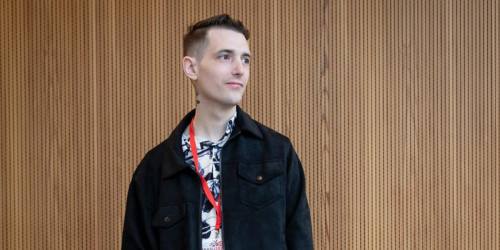Research to action: Tailored sexual health information for newcomer youth
February 17, 2026 • By Ada Madubueze and Arlette IbrahimNewcomer youth in Canada are navigating far more than a new school system or a new language; youth are also trying to understand and adapt to unfamiliar healthcare systems and different social norms, as well as new expectations about relationships and sexual health. Too often, however, this journey is shaped by uncertainty, silence and a lack of access to trusted information. In response, the Sex Information and Education Council of Canada (SIECCAN) is leading the STBBI Prevention and Sexual Health Promotion project for newcomer youth, funded by the Public Health Agency of Canada through the HIV and Hepatitis C Community...






